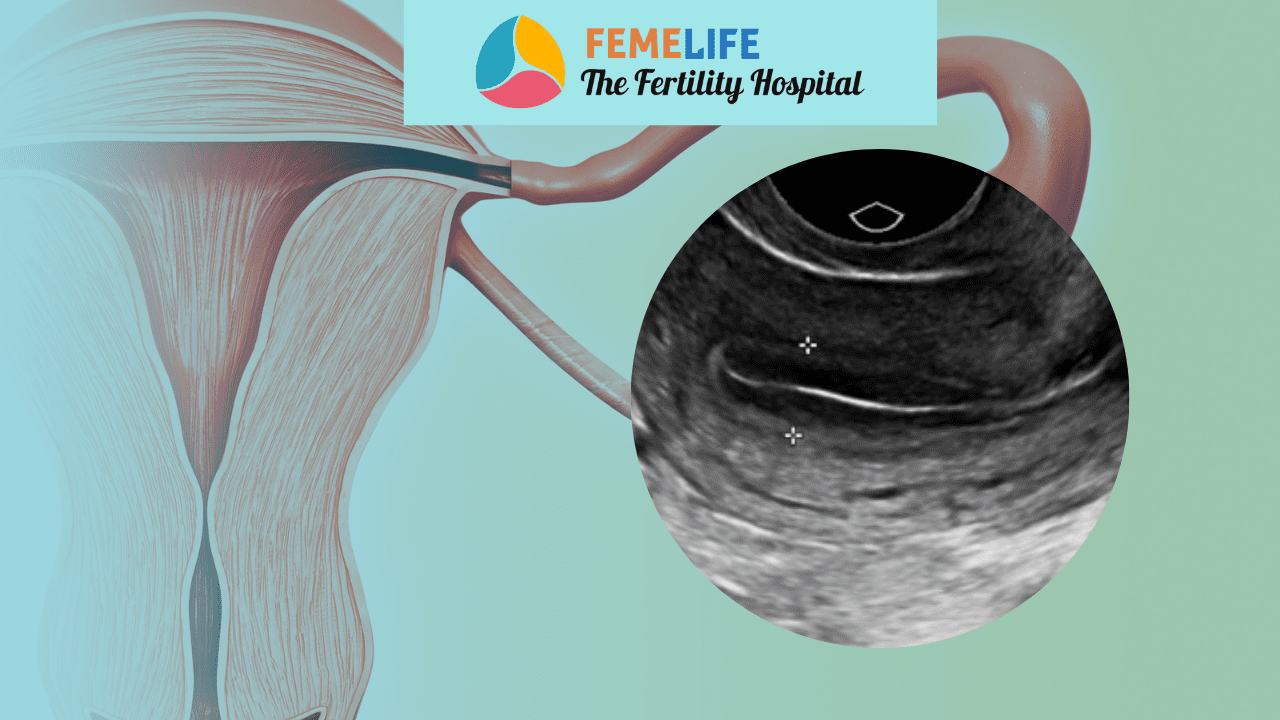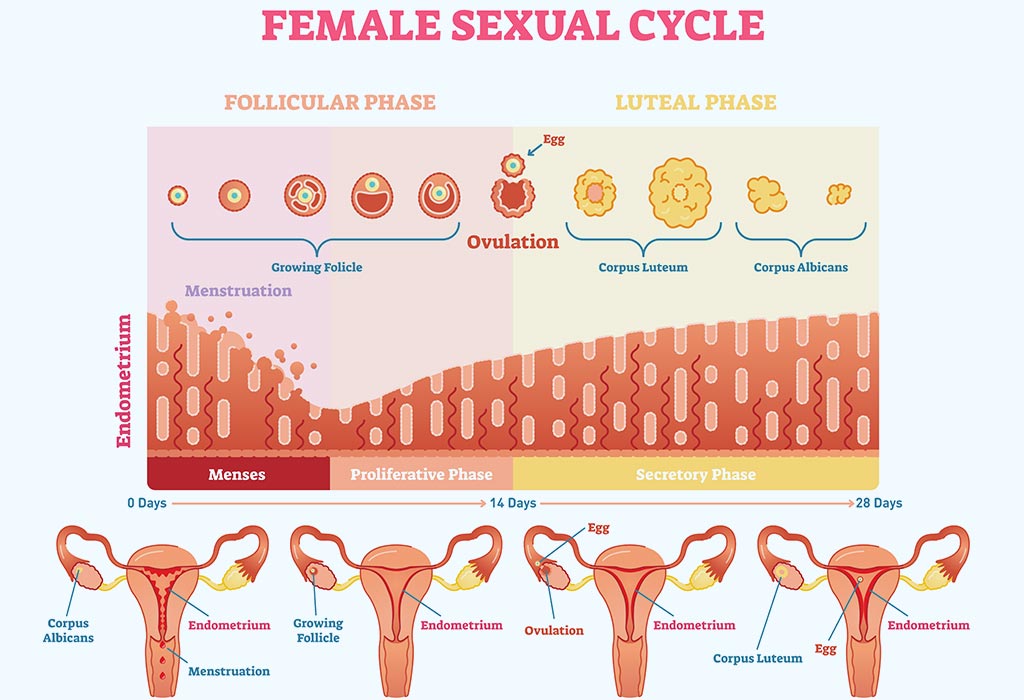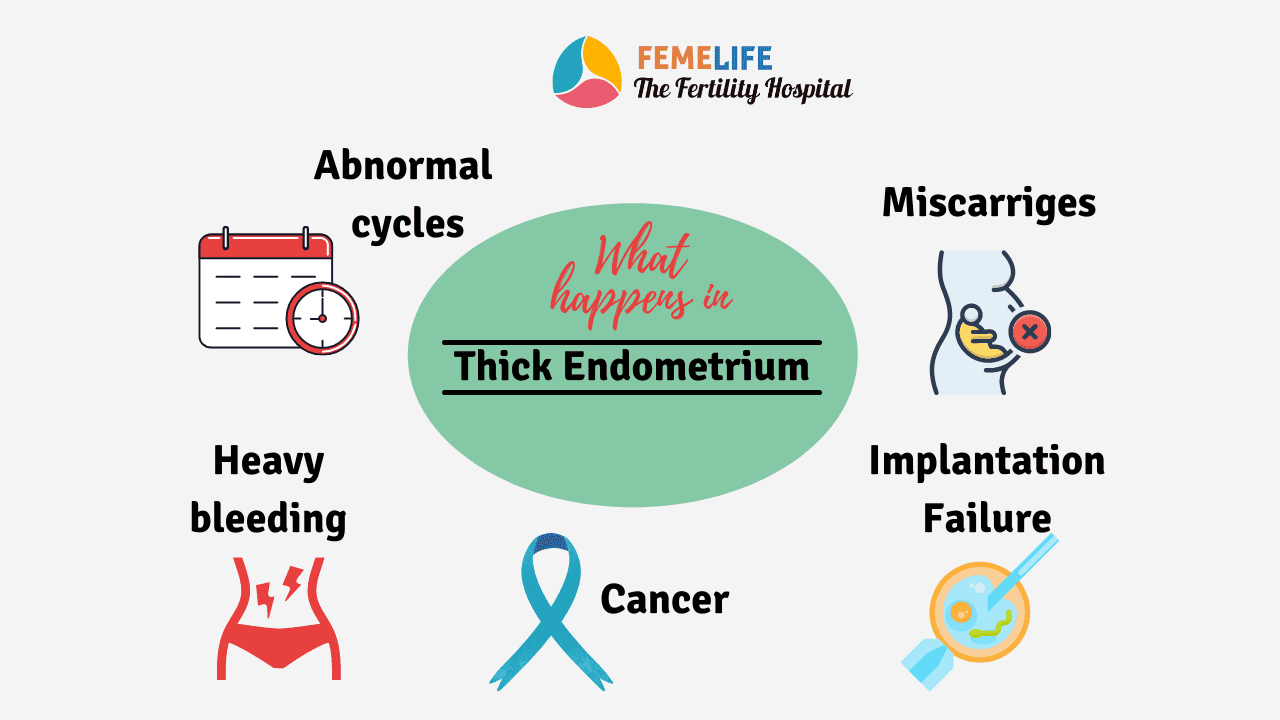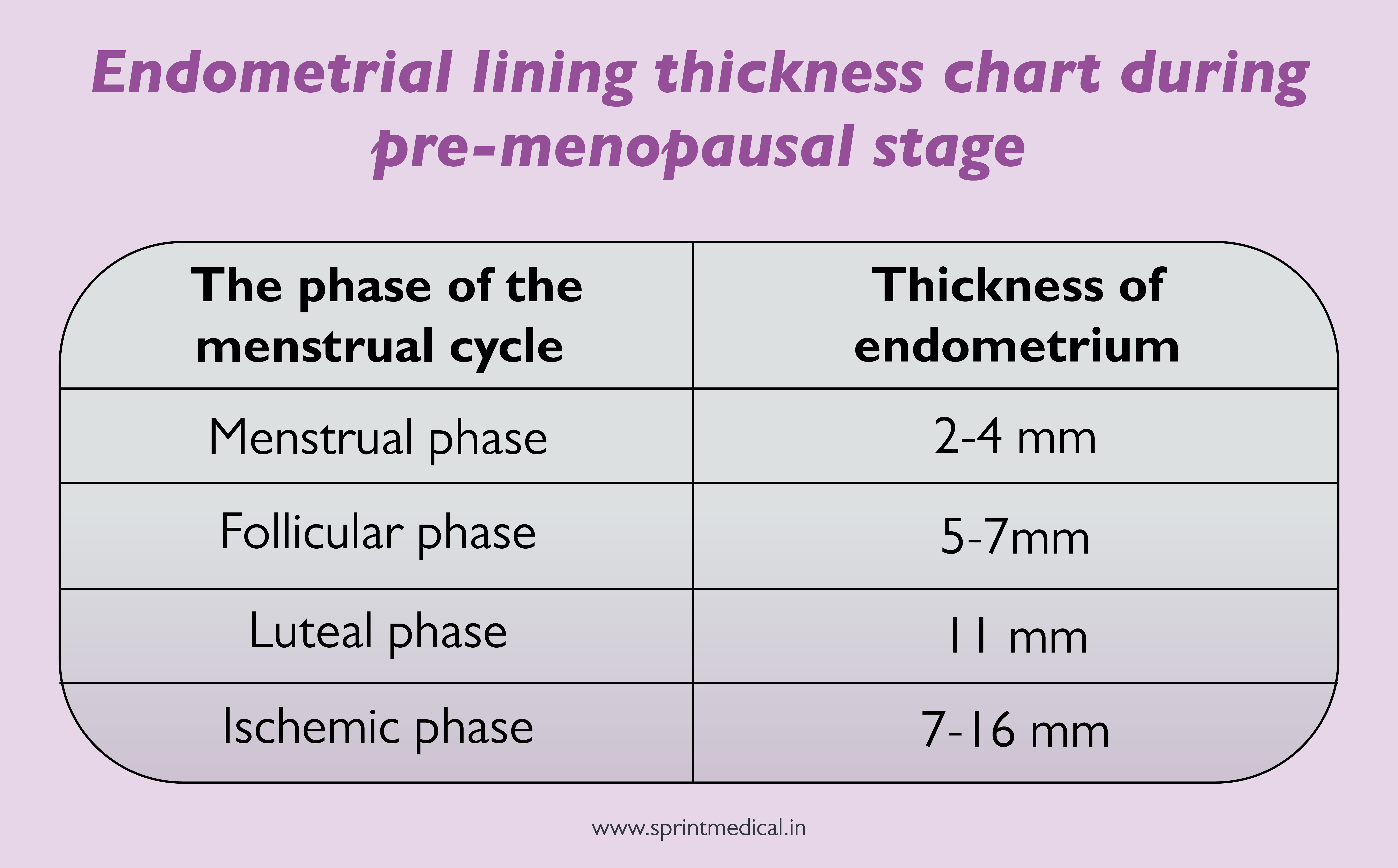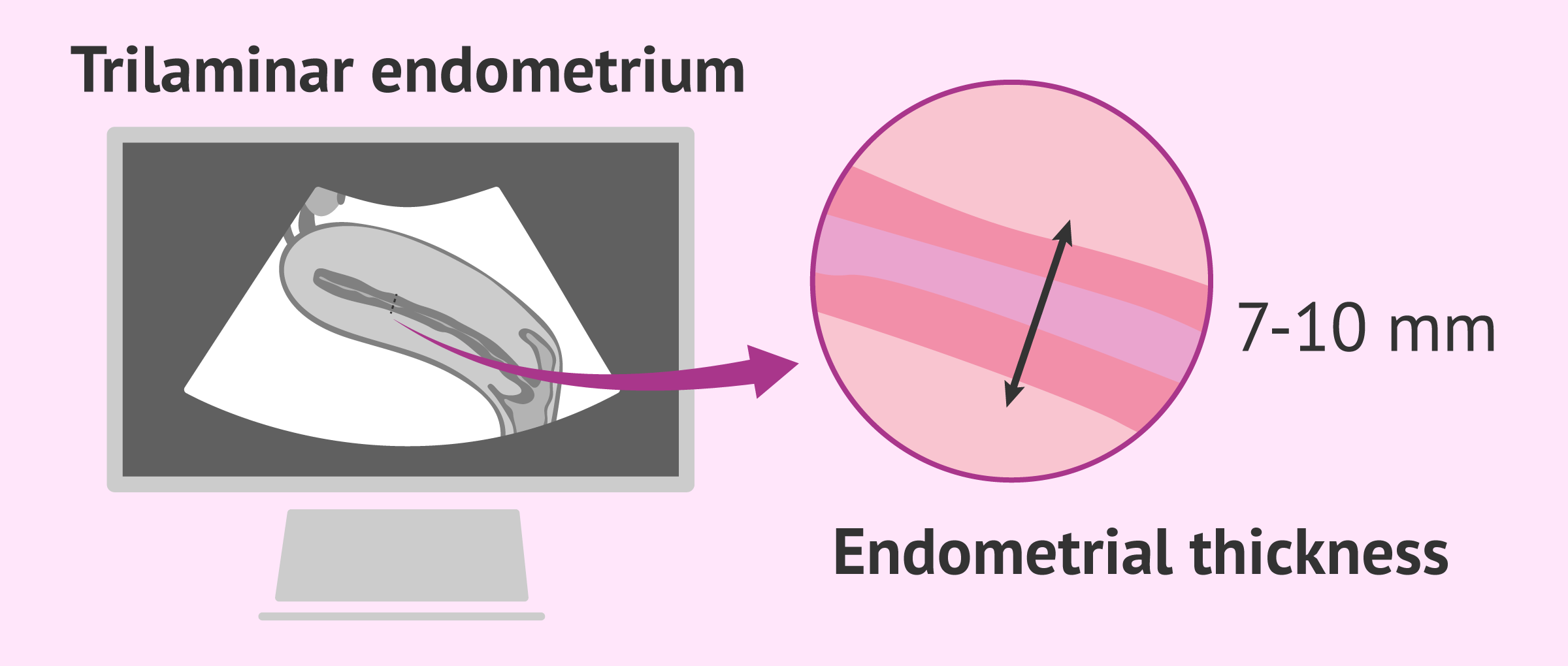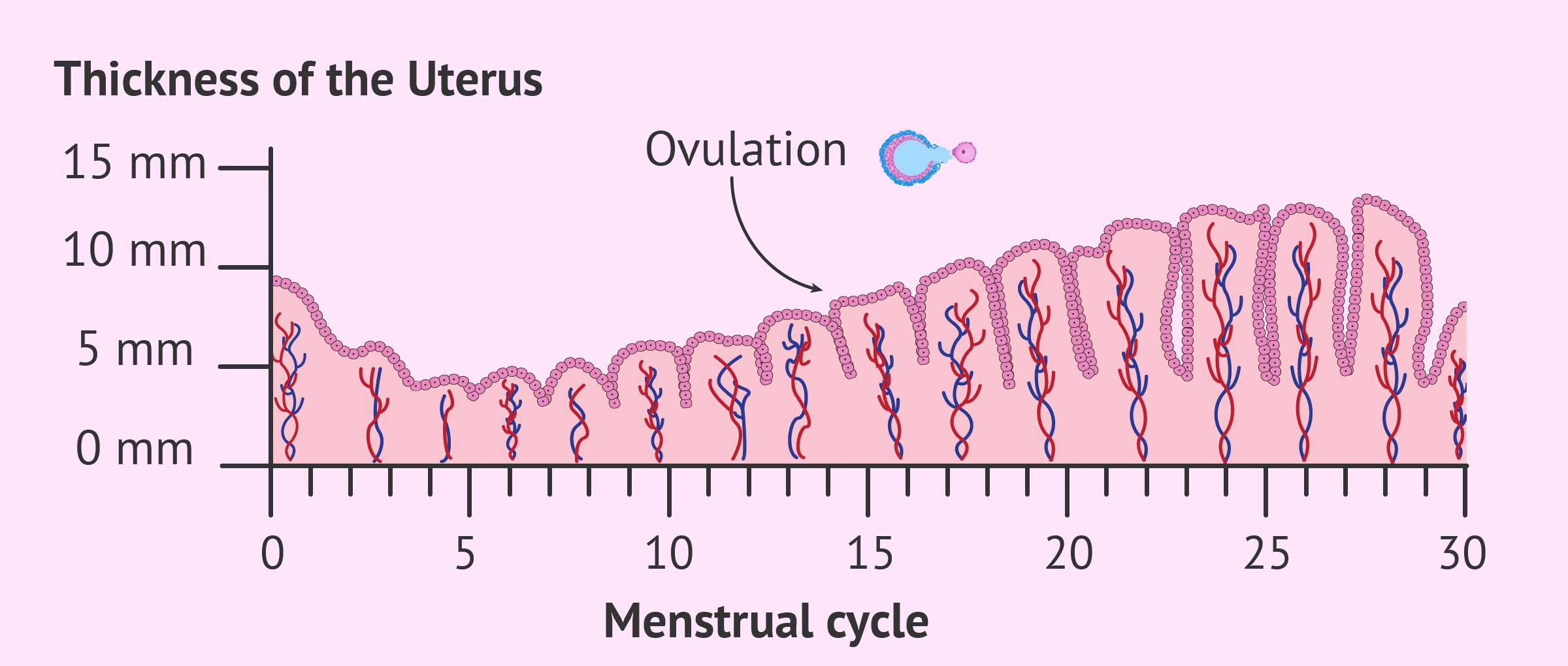Endometrial Thickness During Pregnancy - Monitoring endometrial thickness during pregnancy provides essential insights into both maternal and fetal health. On average, an endometrium less than 14 mm thick is considered normal, regardless of menstrual phase. This is considered normal and is necessary for.
On average, an endometrium less than 14 mm thick is considered normal, regardless of menstrual phase. This is considered normal and is necessary for. Monitoring endometrial thickness during pregnancy provides essential insights into both maternal and fetal health.
Monitoring endometrial thickness during pregnancy provides essential insights into both maternal and fetal health. This is considered normal and is necessary for. On average, an endometrium less than 14 mm thick is considered normal, regardless of menstrual phase.
Endometrial thickness predicts intrauterine pregnancy in patients with
On average, an endometrium less than 14 mm thick is considered normal, regardless of menstrual phase. This is considered normal and is necessary for. Monitoring endometrial thickness during pregnancy provides essential insights into both maternal and fetal health.
Endometrium Thickness For Pregnancy FEMELIFE
On average, an endometrium less than 14 mm thick is considered normal, regardless of menstrual phase. This is considered normal and is necessary for. Monitoring endometrial thickness during pregnancy provides essential insights into both maternal and fetal health.
Endometrial Thickness What’s the Normal Range for Conceiving?
Monitoring endometrial thickness during pregnancy provides essential insights into both maternal and fetal health. This is considered normal and is necessary for. On average, an endometrium less than 14 mm thick is considered normal, regardless of menstrual phase.
Thick Endometrium Effects on Pregnancy & IVF FEMELIFE
Monitoring endometrial thickness during pregnancy provides essential insights into both maternal and fetal health. This is considered normal and is necessary for. On average, an endometrium less than 14 mm thick is considered normal, regardless of menstrual phase.
Endometrial Thickness in Pregnancy Your Guide to Understanding What is
On average, an endometrium less than 14 mm thick is considered normal, regardless of menstrual phase. Monitoring endometrial thickness during pregnancy provides essential insights into both maternal and fetal health. This is considered normal and is necessary for.
Endometrial Stripe Thickness Chart
Monitoring endometrial thickness during pregnancy provides essential insights into both maternal and fetal health. This is considered normal and is necessary for. On average, an endometrium less than 14 mm thick is considered normal, regardless of menstrual phase.
Pelvic Ultrasound Endometrial Thickness Pelvic Ultrasound
This is considered normal and is necessary for. Monitoring endometrial thickness during pregnancy provides essential insights into both maternal and fetal health. On average, an endometrium less than 14 mm thick is considered normal, regardless of menstrual phase.
What is the endometrium? Thickening, types and pathologies
On average, an endometrium less than 14 mm thick is considered normal, regardless of menstrual phase. Monitoring endometrial thickness during pregnancy provides essential insights into both maternal and fetal health. This is considered normal and is necessary for.
Endometrial Thickness
Monitoring endometrial thickness during pregnancy provides essential insights into both maternal and fetal health. This is considered normal and is necessary for. On average, an endometrium less than 14 mm thick is considered normal, regardless of menstrual phase.
On Average, An Endometrium Less Than 14 Mm Thick Is Considered Normal, Regardless Of Menstrual Phase.
Monitoring endometrial thickness during pregnancy provides essential insights into both maternal and fetal health. This is considered normal and is necessary for.

